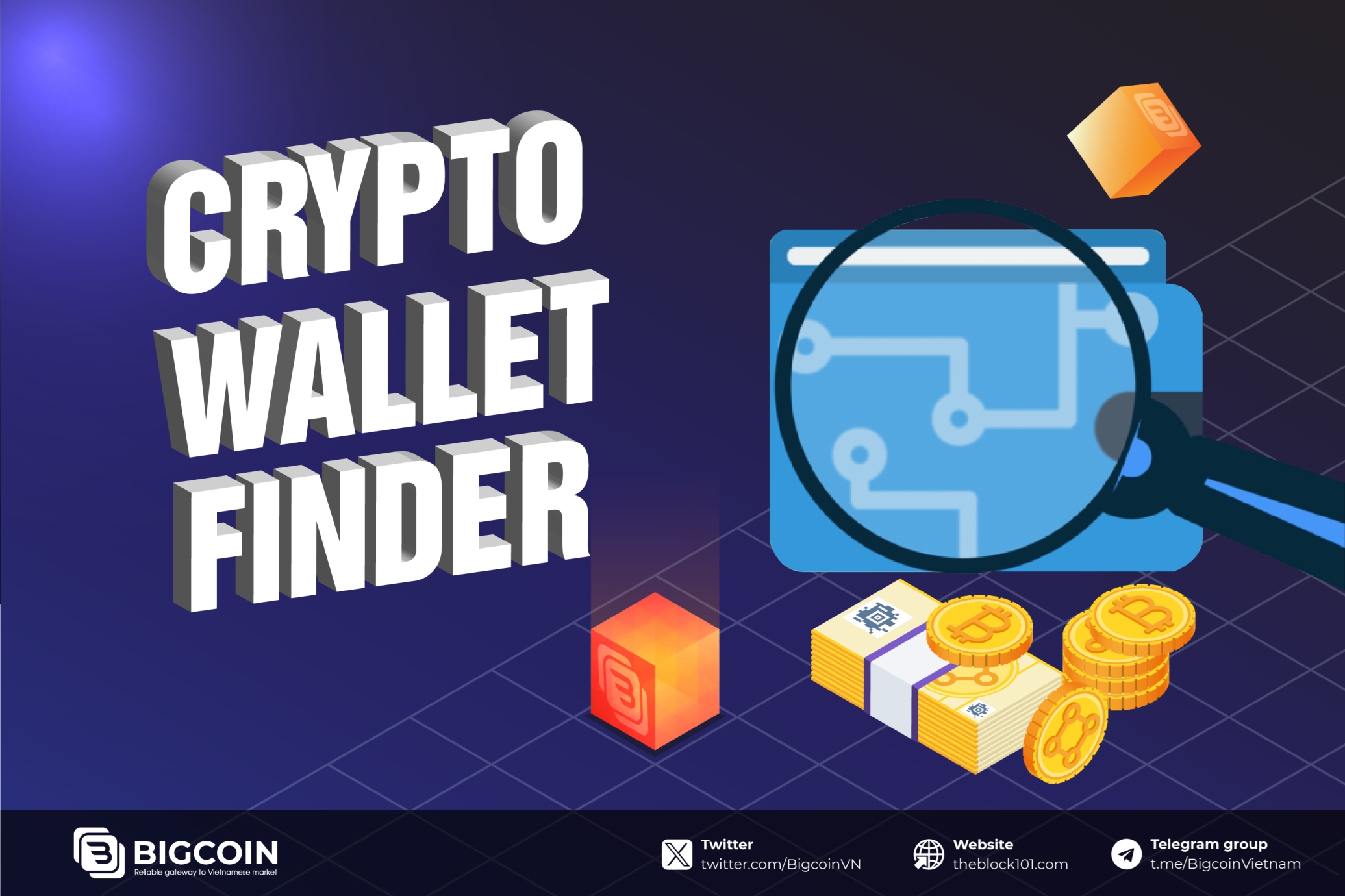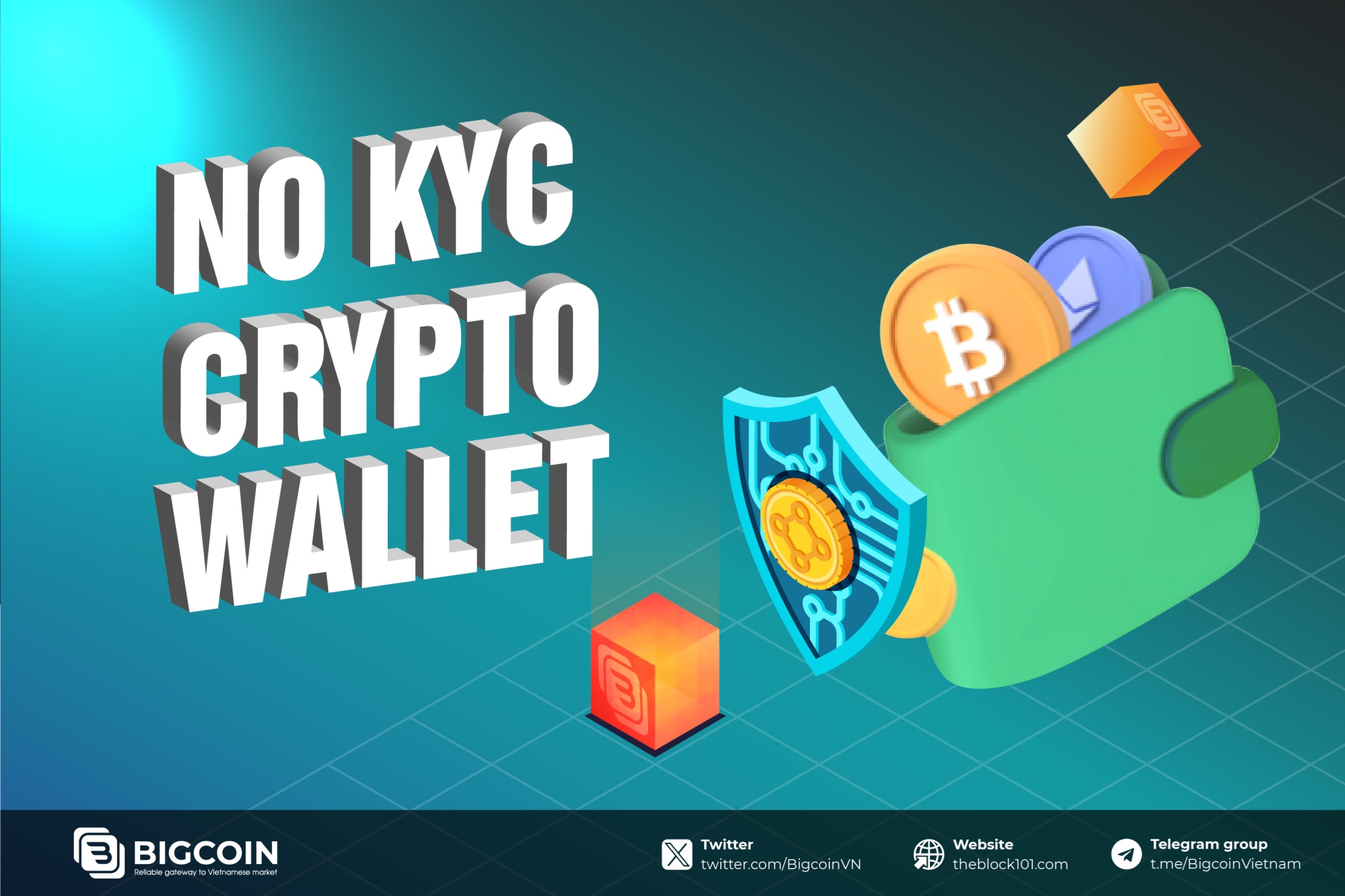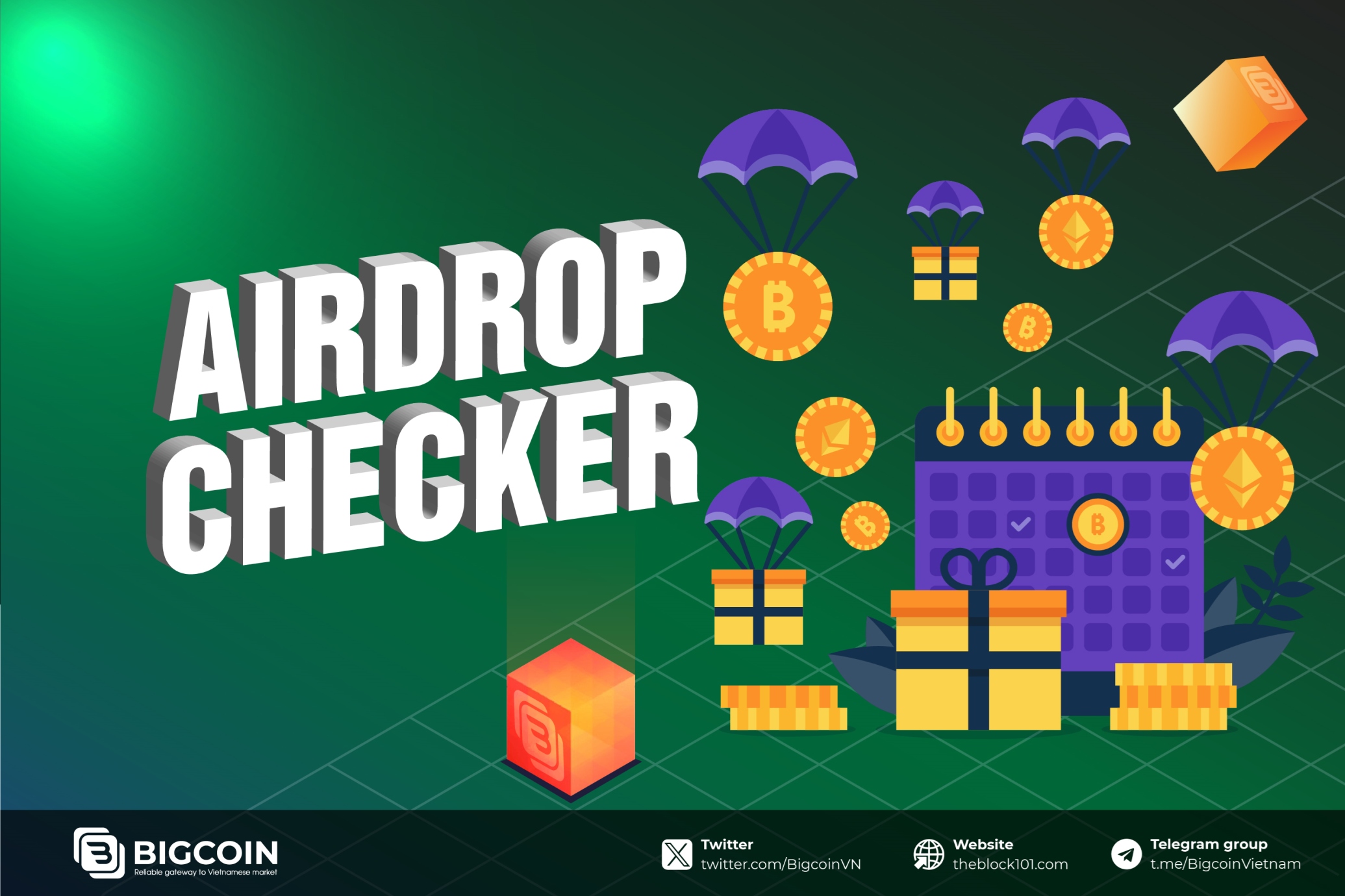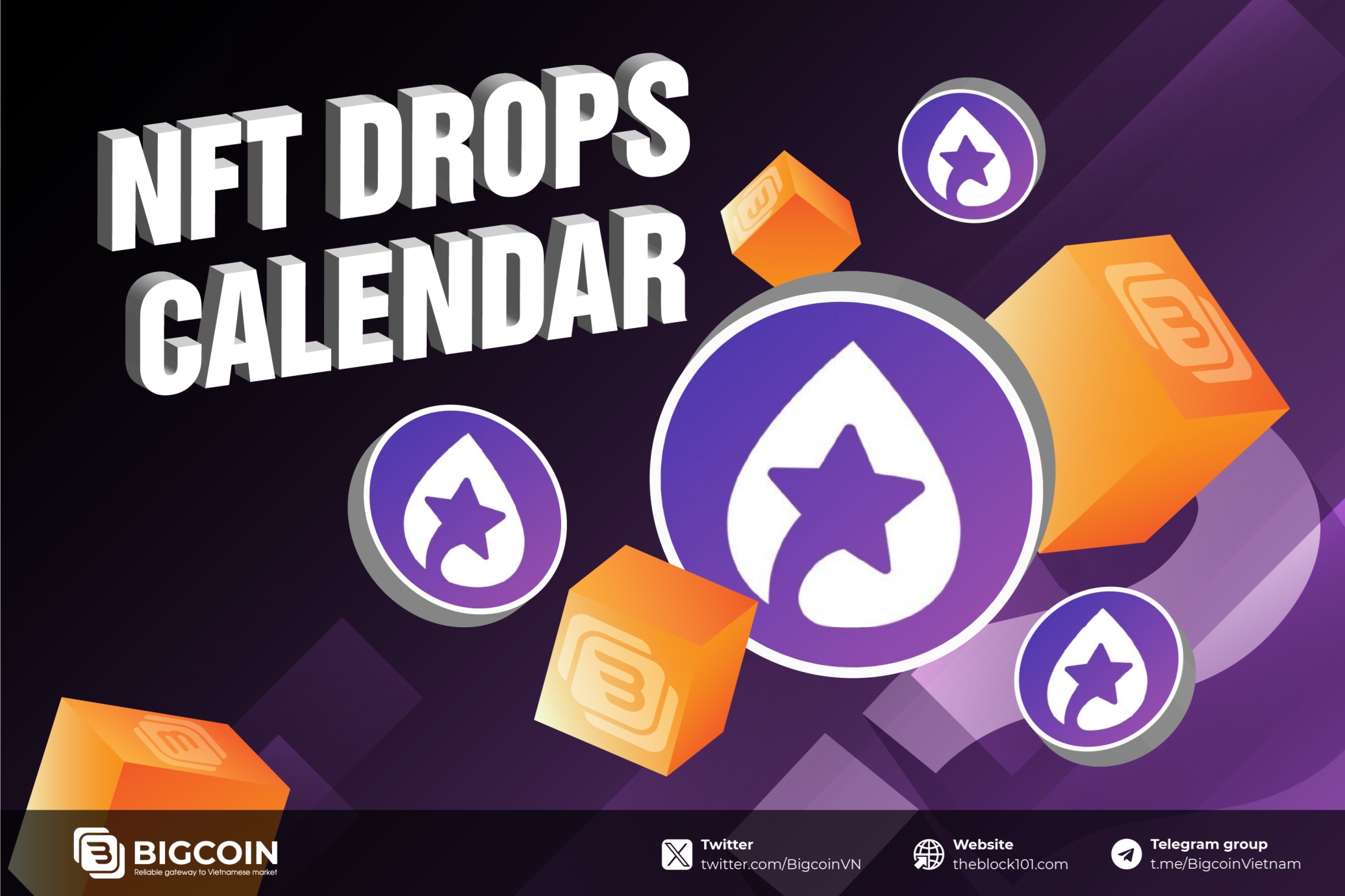1. What is a Bitcoin Wallet?
Bitcoin wallet is a place to store, manage and conduct Bitcoin transactions. Bitcoin wallets allow users to store Bitcoin addresses and manage Bitcoin balances in their accounts.
.jpg)
There are many different types of Bitcoin wallets, designed to meet different user needs and usage goals. Here are some popular types of Bitcoin wallets:
2. Types of Bitcoin wallets
2.1. Mobile Wallet
These are Bitcoin wallet applications specifically for mobile phones. For example:
- Trust Wallet: Trust Wallet was acquired by Binance to provide users with a secure way to store and manage crypto assets.
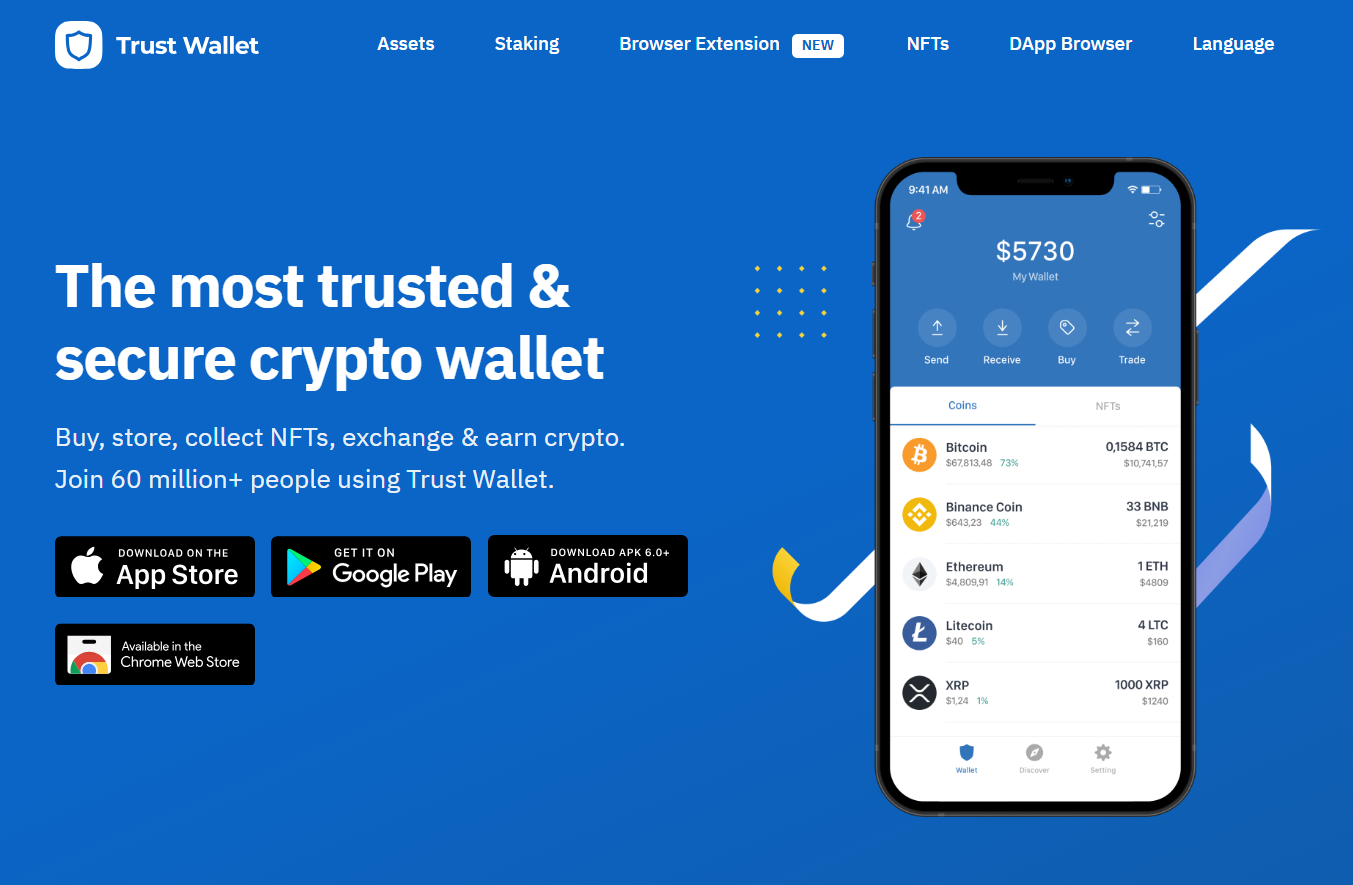
2.2. Hardware wallet
Hardware Wallets, which are physical devices specifically designed to store Bitcoin offline, are one of the safest ways to protect your cryptocurrency. For example:
- Ledger Nano S: Is a leading cold wallet address in the world. The main purpose of Ledger Nano S is to store and secure users' cryptocurrencies in an absolutely safe way.
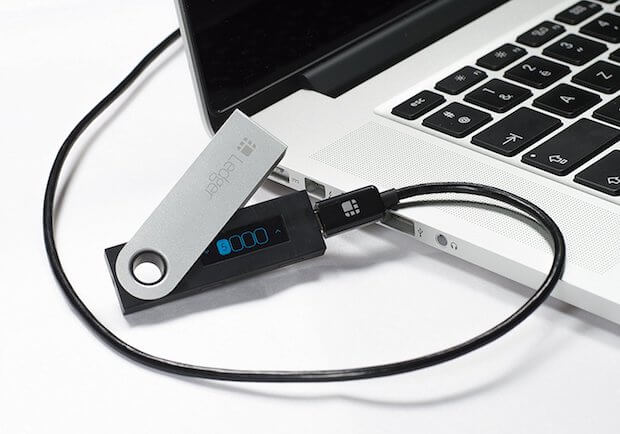
2.3. Bitcoin Wallet on Website
It is an online wallet that you can access via a web browser. For example:
- Blockchain.com: Large and popular cryptocurrency wallet in crypto, Blockchain.com offers many cryptocurrency-related services and products, such as Bitcoin wallet, exchange, and blockchain market research platform.
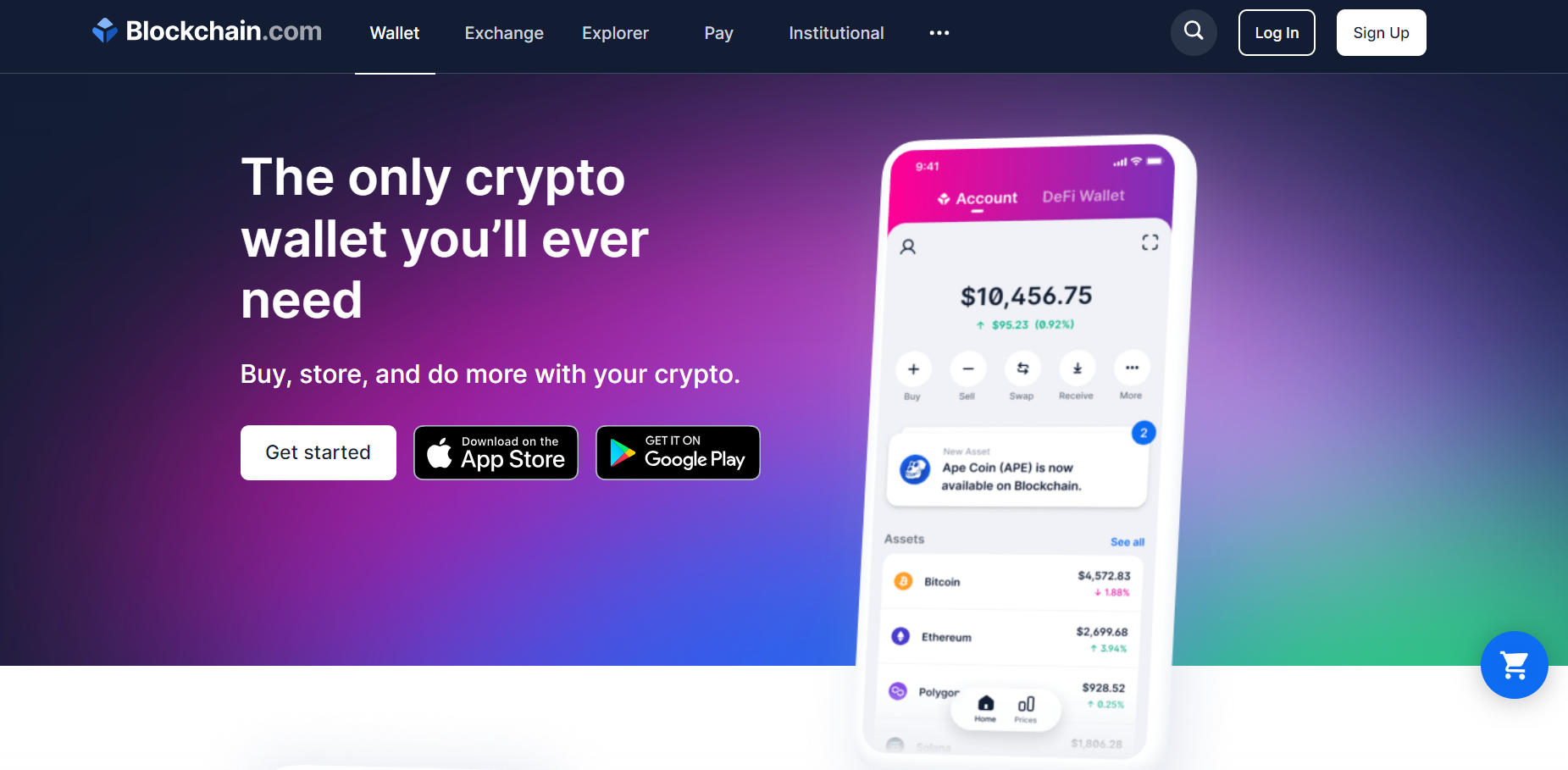
2.4. Exchange wallet
In addition to the above wallets, users can store Bitcoin on centralized exchanges such as Binance, Okx, Kucoin... Although quite convenient, this is not a recommended form of storage due to the risk that the above exchanges may encounter bankruptcy or Bank run again. From there, users will completely lose their Bitcoins.
3. Reasons for losing Bitcoin wallet
Losing a Bitcoin wallet is an incident that many cryptocurrency users have faced, and it can cause significant asset loss. Here are some of the main causes of lost Bitcoin wallets:
- Forgot Password: If you use a password-secured Bitcoin wallet and forget the password, you will not be able to access your wallet. This can lead to loss of assets if no password recovery measures are taken.
- Lost Private Key: The most important thing when using a Bitcoin wallet is the Private Key. A private key is a unique password to access and control your Bitcoin.
- Insecure Storage: Hacked, if you do not protect your Private Key or Bitcoin wallet securely, they can be stolen by intruders.
4. How to restore Bitcoin wallet
Restoring your Bitcoin wallet is an important and necessary process when you face the situation of losing your wallet, forgetting your password, or losing your phone containing your Bitcoin wallet.
4.1. Use Private Key or Secret Phrase
When you forget your login password and cannot access your wallet, if you have backed up or written down the Private Key or Secret Phrase of your Bitcoin wallet, you can use it to create a new password and login to the wallet.
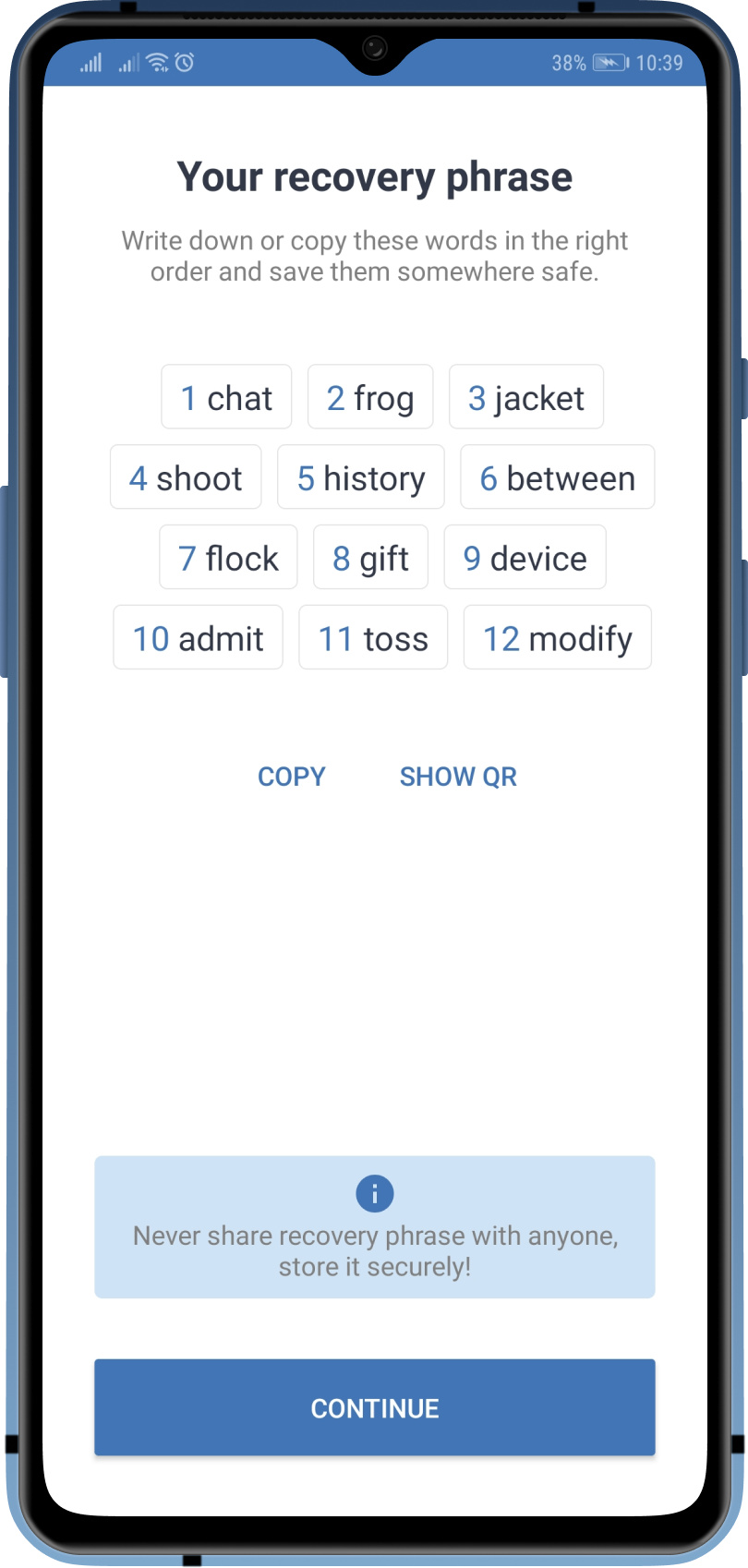
4.2. Use Seed Phrase
Seed Phrase is a Bitcoin wallet recovery method similar to Private Keys, which are a string of words (usually 12 to 24 words) generated when you create a Bitcoin wallet. Seed Phrase contains the information needed to restore your wallet.
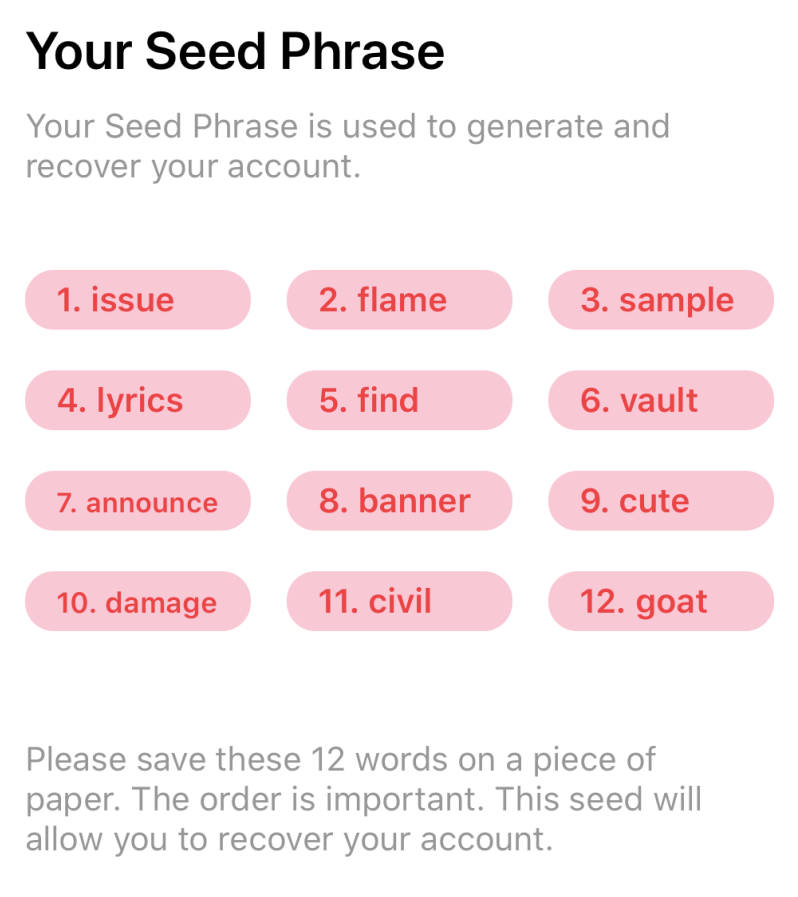
4.3. Restore via Email/Phone number
If you use the Bitcoin wallet service of an exchange or wallet service provider, you can contact them for account recovery assistance. However, this often requires verifying your identity and personal information through email or phone number verification.
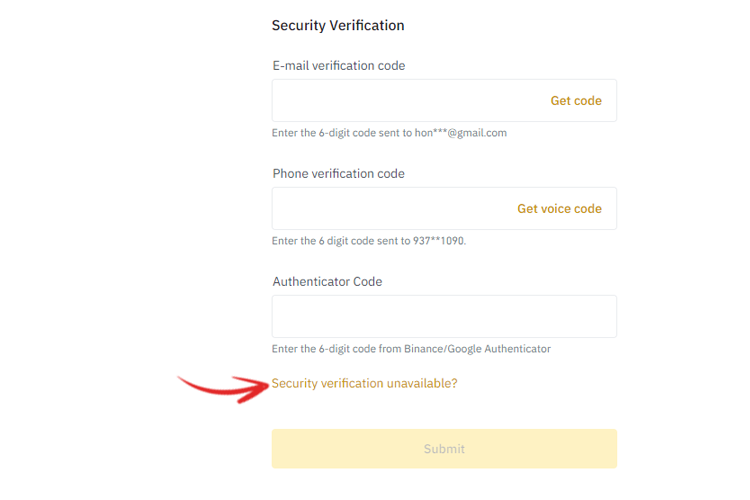
5. Notes to avoid losing your Bitcoin wallet
To avoid losing your Bitcoin wallet and protect your crypto assets, here are some important notes and safety measures:
- Back up your Seed phrase and Private Key in a safe and secure place, do not share it with anyone. This is how you recover your Bitcoin wallet if you lose your wallet or forget your password.
- Don't rely on a single backup medium. Back up the Seed phrase and Private Key in various places, for example: paper backup, USB, and different applications.
- Use Hardware Wallet: This is one of the safest means to store Bitcoin. They keep their Private Key offline, making them difficult to attack from the internet.
- Use a strong password for your Bitcoin wallet. This password should contain at least 12 characters, including uppercase letters, lowercase letters, numbers and special characters (avoid using date of birth or personal information to set a password).
- Avoid sharing personal information and your Bitcoin wallet details with others, especially on social networks
- Beware of fake websites and apps, phishing emails, and technical hacks.
- Always double check your Bitcoin address before making a transaction to ensure that you are sending funds to the correct address.
6. Conclusion
Bitcoin wallets are an important tool in the crypto market. To avoid losing Bitcoin wallets and ensure security, backing up seed phrases, using strong passwords and protecting private keys is very important. Cryptocurrency is part of the future of finance, and understanding how to protect it is an important step to participating in this market safely and confidently.
Read more:


 Tiếng Việt
Tiếng Việt
%20(11).png)




